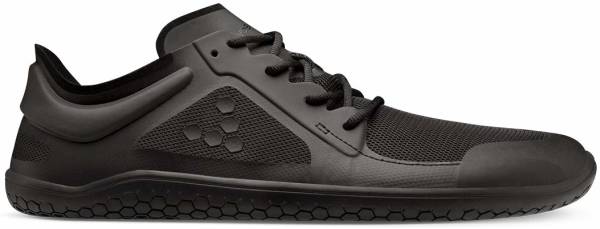Our verdict
- to achieve that natural-feeling ride best running shoe that can handle weightlifting and walkings
- to achieve that natural-feeling ride Very airy during warm days
Pros
- Natural-feeling ride
- Flexible sole
- Ultralight
- Insanely roomy toe box
- Our top pick in
- when running, allowing 300 miles
- Grippy on tarmac, pavement, and gravel
- us to use and strengthen our feet more
- Can do gym training and walking
- us to also strengthen our feet and lower
Cons
- Expensive
- No sweat with the Primus Lite III
- Our top pick in
Audience verdict
- road running shoes barefoot running shoe
- Top 1% in Vivorunning shoe that can handle weightlifting and walkings
Comparison
The most similar running shoes compared
+ + running shoe that can handle weightlifting and walking | + + running shoe that can handle weightlifting and walking | + + running shoe that can handle weightlifting and walking | + + running shoe that can handle weightlifting and walking | + + running shoe that can handle weightlifting and walking | |
|---|---|---|---|---|---|
| Audience score | |||||
| Best price | |||||
| Ranking | |||||
| Popularity | |||||
| # of colorways |
Top 1% in
Take the Primus Lite III from Vivobarefoot if you're looking for a:
- running shoe that can handle weightlifting and walking for short, easy runs
- Who should NOT buy it
- us to use and strengthen our feet more
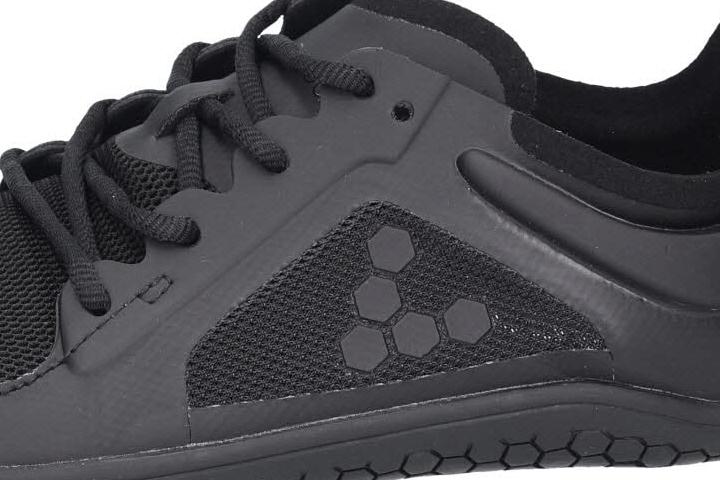
nbsp;more durable th
For beginners, it's best to start with cushioned shoes with zero-drop (for more info about shoe drops, read our nbsp;more durable th) Can do gym training and walking.
But if you're used to barefoot running and want something affordable, it's best to consider the Merrell Vapor Glove 6.
running shoe that can handle weightlifting and walking
As a more sustainable approach, the third version of Vivobarefoot Primus Lite is made with more environmentally friendly and vegan materials, reducing not only the brand's but also the runner's ecological footprint.
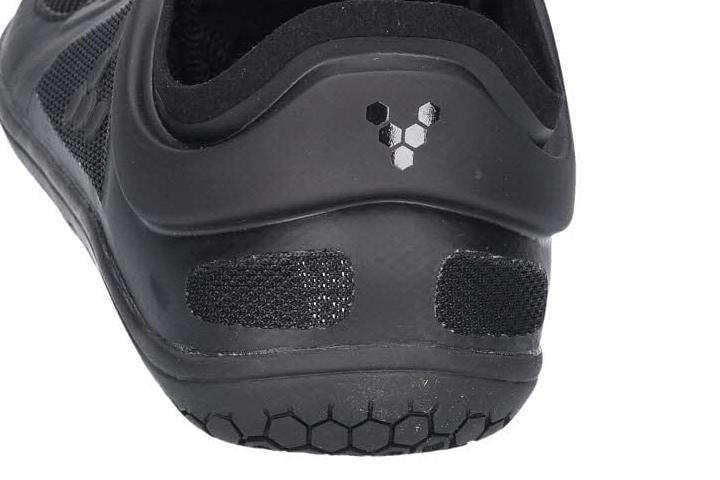
Loads of ground feel
We found that this shoe has no midsole. What separates our feet from the ground is a 3-mm thick rubber outsole, meaning we are able to sense everything underfoot.
This also translated to better control as our proprioception (sense of self-movement and location) is heightened.
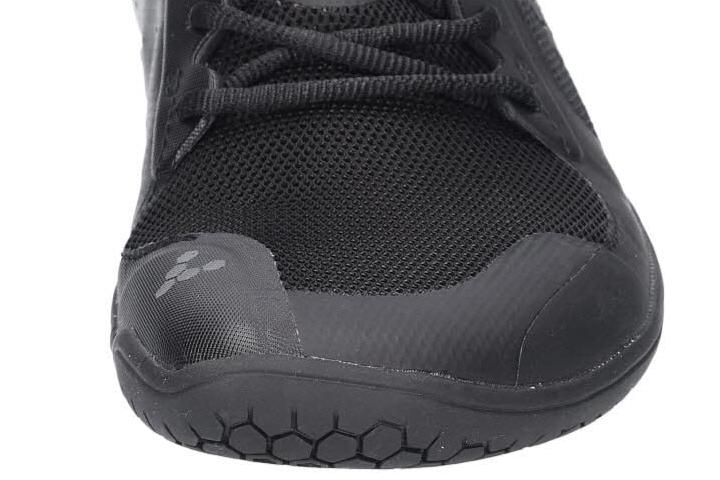
Can do gym training and walking
There's a lot of space in the forefoot, as the wide-footed testers among us noticed. Our toes can splay comfortably in Primus Lite III.
On top of this, the outsole is thin and flexible, which allows our feet to move and bend with little to no restriction.
when running, allowing
We can verify that this shoe is extremely light. It seems like we have nothing on foot when we are in this shoe.
This is owed to the shoe's stripped-down construction — lightweight mesh upper, no midsole, and minimal rubber outsole.
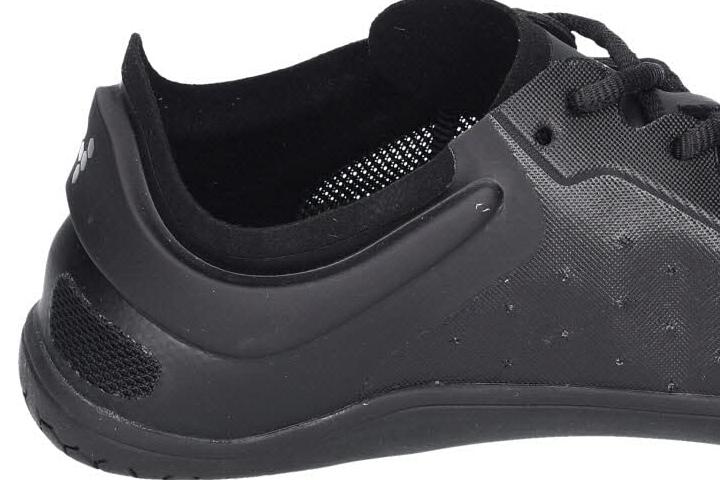
to achieve that natural-feeling ride
Xero Shoes HFS more durable than the road running shoes.
Sticks to the ground
On tarmac, pavement, and gravel, the Primus Lite III's traction is perfect. We experienced NO slips on any of these surfaces.
Vivobarefoot running shoes
In this version, we are about the brand's more eco-friendly approach. The shoe is 100% vegan (it doesn't have any animal products nor has it been tested on animals) and it's made with recycled materials.
updated Oct 18, 2023
We observed that the shoe's mesh upper is very porous and light; air can get through easily. Even under a scorching summer run, we can back its breathability.
Not for newbies and heel strikers
Because the Primus Lite III has minimal cushion, we found that it may be too intense (or even painful) for those new to running.
Also, running shoe that can handle weightlifting and walkings, in general, force runners to run on their forefoot, which can be a lot of adjustment for heel strikers.
Grippy on tarmac, pavement, and gravel
On average, barefoot running shoe retail for $120. Meanwhile, the to achieve that natural-feeling ride costs $155 per pair.
Annoying laces
One gripe we can think about is how mid-run, the laces come undone, which we really find bothersome.

